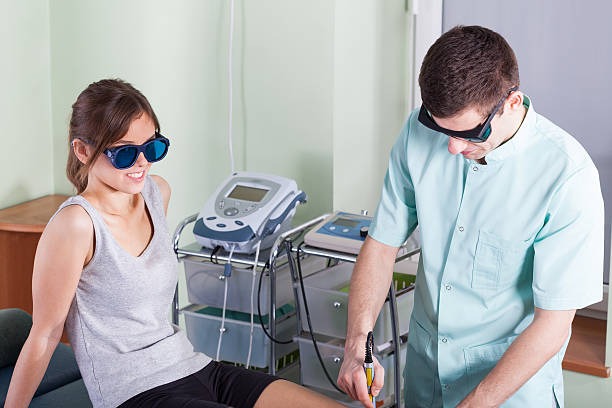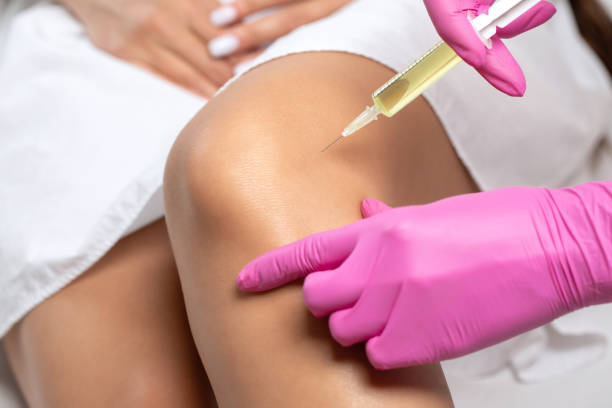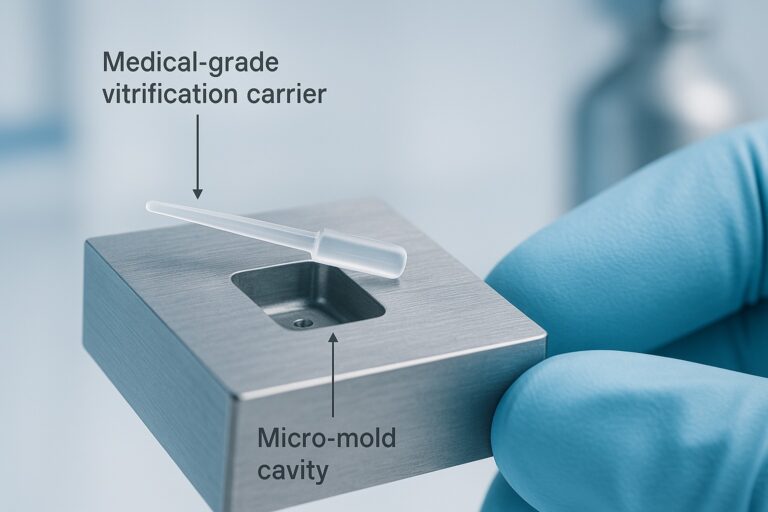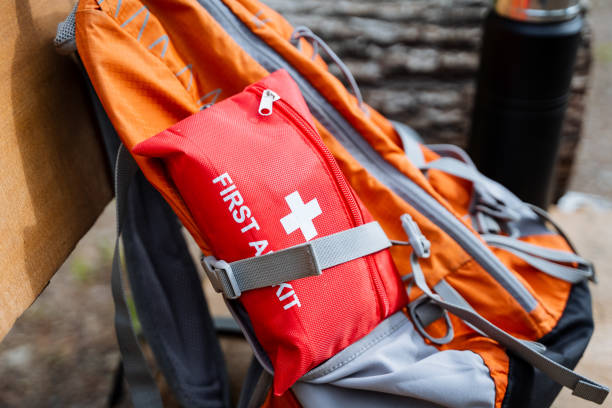Recovery Roadmap: Lasting Recovery Through Aftercare
Addiction aftercare is more than a simple follow-up to treatment. It is a critical period that bridges the gap between real-life recovery and finishing a detox or inpatient rehab. Without adequate aftercare, relapse is common. However, with the proper aftercare plan, achieving enduring sobriety is attainable.
More Reasons Why Aftercare Is Important
Staying sober is the second half of the battle, which is when aftercare comes into play. Continuous family and friends support; plus, the right coping mechanisms help to manage the triggers that are no longer under control after you’ve gone through the rehab process.
Even the most committed person can fall into old habits if a plan is not clear. Aftercare allows for support to implement ways to minimize this chance by continuing and maintaining the coping strategies you learned in the rehab process.
Essential Features of an Effective Aftercare Program
Addiction aftercare is not uniform across the board. Patients should be flexible, personalized, and tailored to each individual’s ever-changing requirements. Here’s what a high-quality aftercare program should include:
1. Outpatient Therapy
Slightly more than 80% of patients will persist with individual or group therapy following inpatient rehabilitation. Cognitive Behavioral Therapy (CBT), Dialectical Behavior Therapy (DBT), and trauma-based treatments are the most commonly used modalities. These sessions give clients the ability to work through feelings, face triggers, and enhance their relapse prevention strategies.
2. Sober Living Homes
This type of housing is focused specifically on individuals recovering from mental health diseases while providing them with a secure location to regain their strength after receiving treatment. Sober living homes offer built-in accountability as residents are obliged to adhere to the commonly set house regulations which include abstaining from drugs or alcohol, remaining substance-free, and group or therapeutic engagements.
3. 12-Step and Peer Support Groups
AA, NA, and SMART Recovery provide not only sponsorship but also guidance and reassurance for participants. Support groups reaffirm the notion of shared struggle and resilience for members in the recovery journey.
4. Case Management and Life Skills Coaching
This form of addiction aftercare focuses on financial management and employment such as rebuilding a diminished resume, searching for a job, or restoring fragmented familial connections. Aftercare of addiction is not simply about remaining clean but rather, building a satisfying enduring life with sobriety.
5. Mental Wellbeing as Well as Dual Diagnosis Responsibilities
Anxiety, depression, or PTSD needs to be managed continuously after treatment for co-occurring disorders. Any aftercare strategy must have access to psychiatric care and therapy for sustained mental health maintenance.
The Critical First 90 Days Following Rehab
The majority of relapses occur within the first three months after treatment. Why? Because old environments, feelings, and habits tend to resurface.
Aftercare offers:
- Routine: Helps with impulsivity and emotional self-regulation.
- Support: Meetings and therapy sessions reduce solitary confinement through peer accountability.
- Oversight: Drug tests, scheduled check-ins, and participation of the ongoing care team help identify warning signs early.
These three months are often the most critical for determining the long-term recovery outcomes for the individual. Missing aftercare is like running a marathon but stopping just before the finish line.
Post-Treatment Addiction Care for Families
While addiction affects the individual, it also impacts the entire family system. Aftercare programs that include family therapy help to restore trust and improve diffused communication alongside educating the family on how to offer support without enabling harmful behaviors.
Aftercare programs that involve family may consist of:
- Family group therapy sessions
- Educational workshops on addiction and codependency
- Guided family visits or weekend programs
- Boundaries and communications training
Healing together, as a family, is more effective than healing in isolation.
Additional Components Related to Recovery in Aftercare
Aftercare describes the continuum of recovery for an individual after they have completed a program and there are so many amazing transactions that have holistic aftercare plans. Holistic aftercare plans assist individuals in again connecting their bodies, somatic processing trauma and most importantly help regulate their emotional states.
Some examples of holistic strategies include:
Meditation and Yoga- help reduce anxiety, attention skills and develop mindfulness.
Art or Music Therapy- is a different means of self-expression when there just aren’t enough words in talk therapy.
Adventure Therapy- is challenging yourself physically to build resilience and confidence.
Nutrition and coaching- important when recovering physically and mentally.
Holistic strategies are so much more than a complimentary option- they are essential pieces to the recovery puzzle if you want to stay in recovery for the long haul.
Setbacks in Aftercare
While relapse can happen, it’s not synonymous with failure. What matters most is the management of the situation. Most comprehensive Addiction aftercare plans treat relapse as a clinical issue—not a moral failing—and provide proactive, early intervention.
Quality Programs Address Setbacks:
- Immediate clinical assessment.
- Re-evaluation of the current aftercare strategy.
- Temporary return to higher levels of care, if necessary.
- Enhanced therapy or group sessions.
- Family engagement (when suitable).
The aim is adjustment, not retribution. Every step back reinforces lessons learned.
Tailoring Aftercare to Individual Requirements
No recovery journeys are identical. The same applies to the aftercare plan. Factors that may necessitate modification in aftercare include:
- Age and stage of life.
- Other mental health conditions present.
- Cultural or spiritual considerations.
- Work or school obligations.
- Legal or custody matters.
A single 25-year-old working professionally may need a different program structure than a 40-year-old reuniting with his children. Good treatment providers are attuned to these differences and calibrate treatment accordingly.
Remote and Digital Aftercare Possibilities
In recent years, access to aftercare services has dramatically improved, thanks to:
- Teletherapy
- Virtual support groups
- Online recovery platforms and mobile applications
- Text-based coaching or reminder messages.
While in-person meetings are preferred, virtual options remain invaluable and often essential supplements.
Sustained Sobriety and Accountability check-ins
Ongoing accountability is essential to achieving long-term sobriety. Many programs incorporate check-ins, which can go on up to a year after treatment. These may include:
- Monthly sessions with the therapist
- Urinalysis or drug testing
- Events for alumni or sober gatherings
- Assessment of goals and milestones
These check-ins offer time to pause, reflect, and recalibrate making them essential for celebrating milestones.
Why Costa Mesa is a Quality Center for Addiction Aftercare
Costa Mesa has an attractiveness regarding the concentration of addiction treatment and once you exit treatment the after-care services offered in the community. Here’s what that means:
Concentration of Top Facilities! The area has some of the greatest programs in the country.
Sober Living Community. Costa Mesa has a healthy sober living community of sober homes that have an active sober recovery culture.
Access to nature. From walking on the beach to the hiking in the mountains, there are lots of options to incorporate wellness into your recovery.
Employment Opportunities. The local economy is strong which gives options for those that are re-establishing their careers.
Supportive Community Events. Local agencies hold workshops, clean-and-sober events and alumni meet-ups on a regular basis.
Having a recovering ecosystem that is nurturing and robust makes all of the difference, and Costa Mesa has it!
Know When You Need Aftercare
Many believe they have finished their journey after the rehabilitation process, but, in reality, there is so much more to be done. You may need addiction aftercare if:
- You feel uneasy about going back home
- You lack a supportive ecosystem
- You experience unresolved stress or trauma
- You have had relapses in the past post-treatment
- You do not know how to incorporate a healthy routine into your life
Selecting aftercare does not imply you are weak. Instead, it shows your determination towards recovery.
Focus on the Next Step Towards Long-Term Recovery
Post-rehabilitation care is not an option, it is a necessity. Both right after rehab, or a few months later during recovery, the right system—such as the one offered by Opus Health—will always keep you grounded, motivated, focused, and immensely accelerate progress.
Addiction Aftercare Overview:
Q: What is the general duration of addiction aftercare?
A: Each case is unique. Certain programs are designed to last 90 days while some extend their services to a year or more, tailoring each individual’s needs. Q: Is aftercare covered by insurance?
A: Usually, yes. Aftercare is often regarded by insurance providers as an essential aspect of the treatment process. Always confirm with your provider and treatment center.
Q: What happens if I relapse during aftercare?
A: Clinically rather than judgmentally. Your care team will adjust your plan and guide you back into engagement with recovery tools and supportive resources.
Q: Can I work or go to school during aftercare?
A: Certainly. Flexibility is built into a number of aftercare programs to assist with reintegration into daily activities while receiving care.
Q: What’s the difference between aftercare and outpatient rehab?
A: Outpatient rehab is usually a more defined stage of treatment; aftercare is less structured and more long-term focused on life after treatment while working towards sobriety.
Aftercare is a crucial component of the recovery process, providing ongoing support and resources to help individuals maintain their sobriety. It bridges the gap between initial treatment and long-term recovery, offering a safety net for those navigating the challenges of everyday life. For those seeking a more structured environment, it may be beneficial to explore inpatient rehab care at Pacific Ridge. This option can provide a comprehensive approach to recovery, ensuring that individuals have access to the necessary tools and support systems. By integrating aftercare with inpatient services, individuals can build a solid foundation for lasting recovery, empowering them to face life’s challenges with resilience and confidence.







